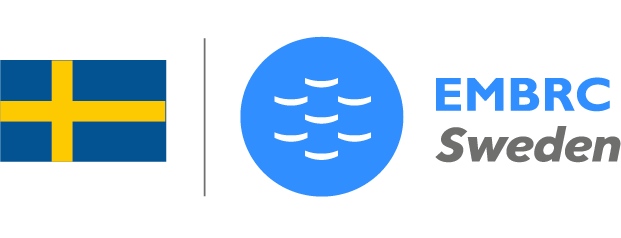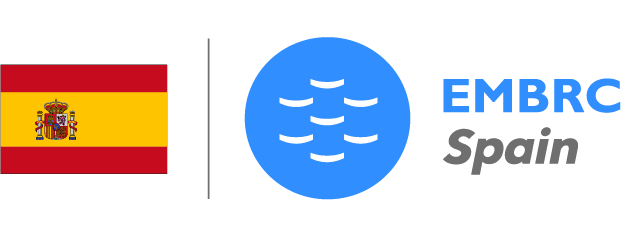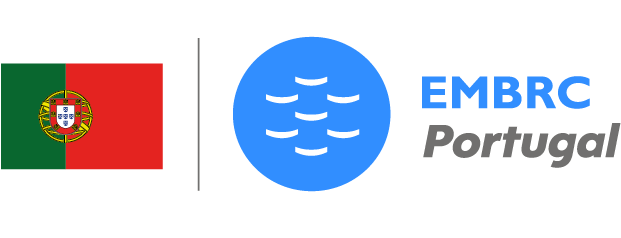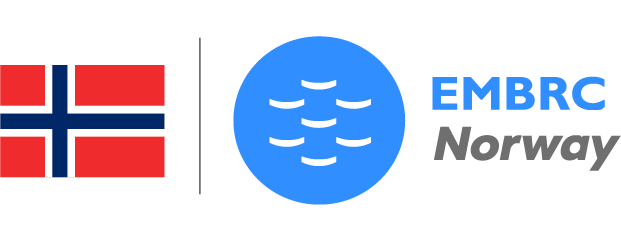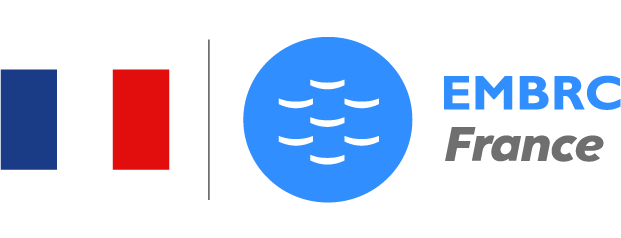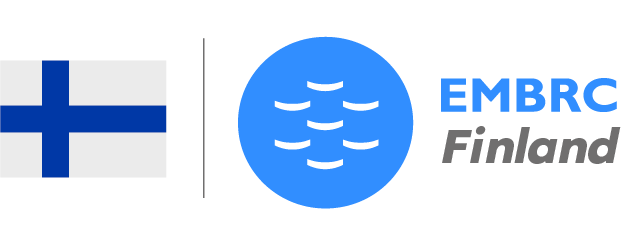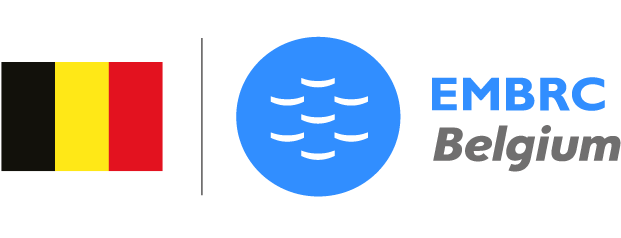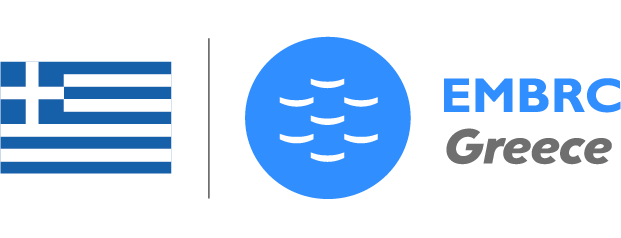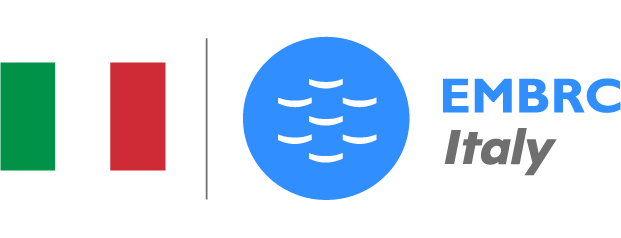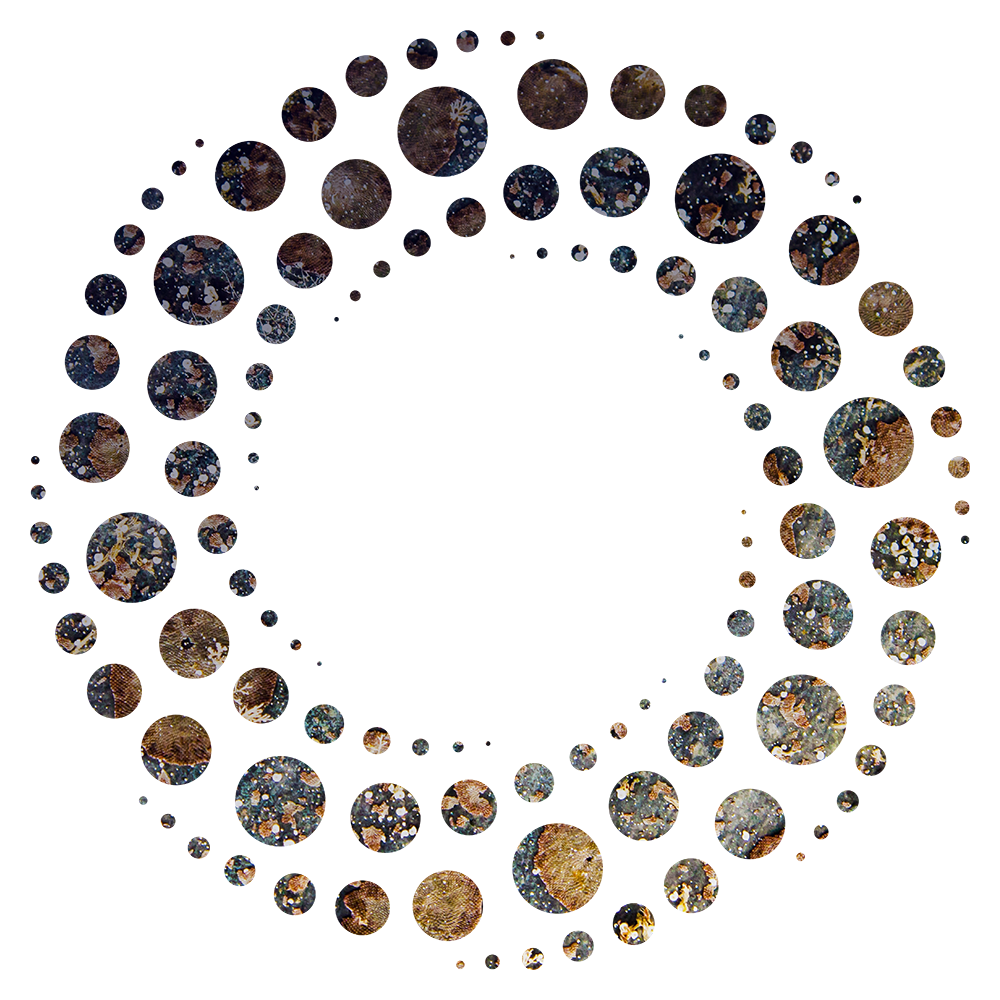
Israel
What is EMBRC Israel ?
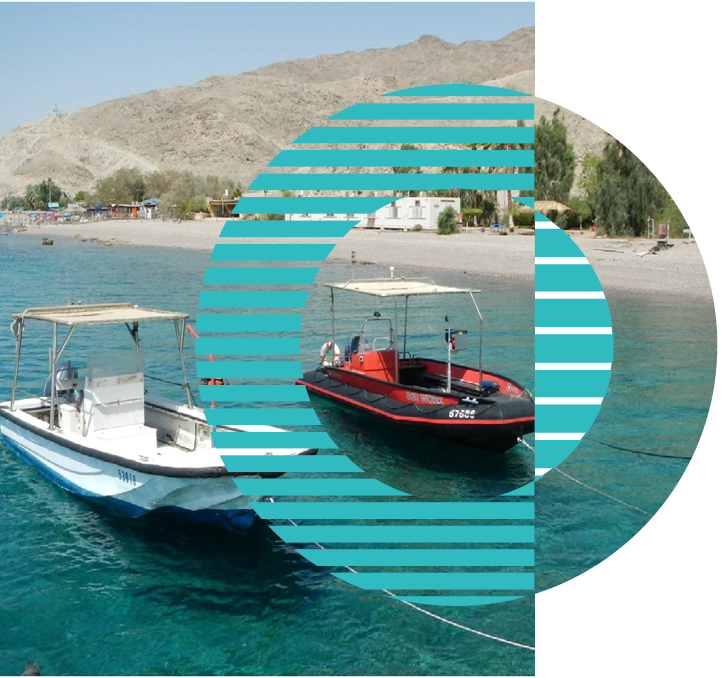
EMBRC Israel is the Israeli node of EMBRC – a pan-European research infrastructure made up of a network of research organisations and marine stations across Europe that accelerates marine biology and ecology research through its knowledge, expertise, and services.
Israel joined EMBRC in 2013. Through its institutions, it can offer researchers access to three marine sites along Israel’s Mediterranean coast and the Gulf of Aqaba. EMBRC Israel can expose researchers to the country’s unique marine ecosystems, biodiversity, national research vessel, the world’s first real-time coral health monitoring station, a dedicated algae research centre and a range of cutting-edge …
EMBRC Israel is the Israeli node of EMBRC – a pan-European research infrastructure made up of a network of research organisations and marine stations across Europe that accelerates marine biology and ecology research through its knowledge, expertise, and services.
Israel joined EMBRC in 2013. Through its institutions, it can offer researchers access to three marine sites along Israel’s Mediterranean coast and the Gulf of Aqaba. EMBRC Israel can expose researchers to the country’s unique marine ecosystems, biodiversity, national research vessel, the world’s first real-time coral health monitoring station, a dedicated algae research centre and a range of cutting-edge equipment. EMBRC Israel’s experts can also provide knowledge and training in deep sea research.
EMBRC’s Israeli partners are:
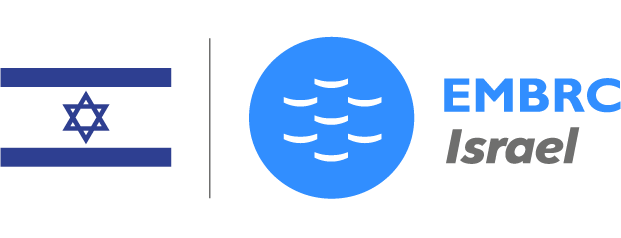
Liaison Officer
-
Gil Koplovitz
-
gil.koplovitz@mail.huji.ac.il
-
Interuniversity Institute for Marine Sciences in Eilat
-
Eliat
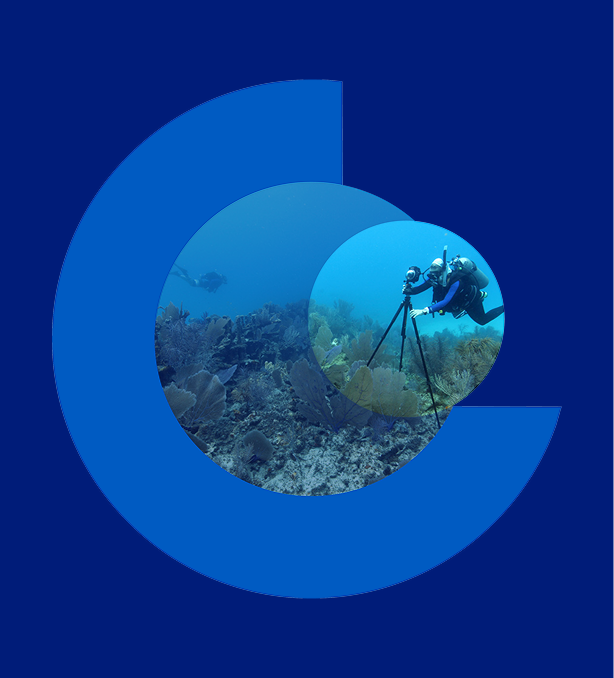
Interactive stations map
How EMBRC Israel can
support researchers?
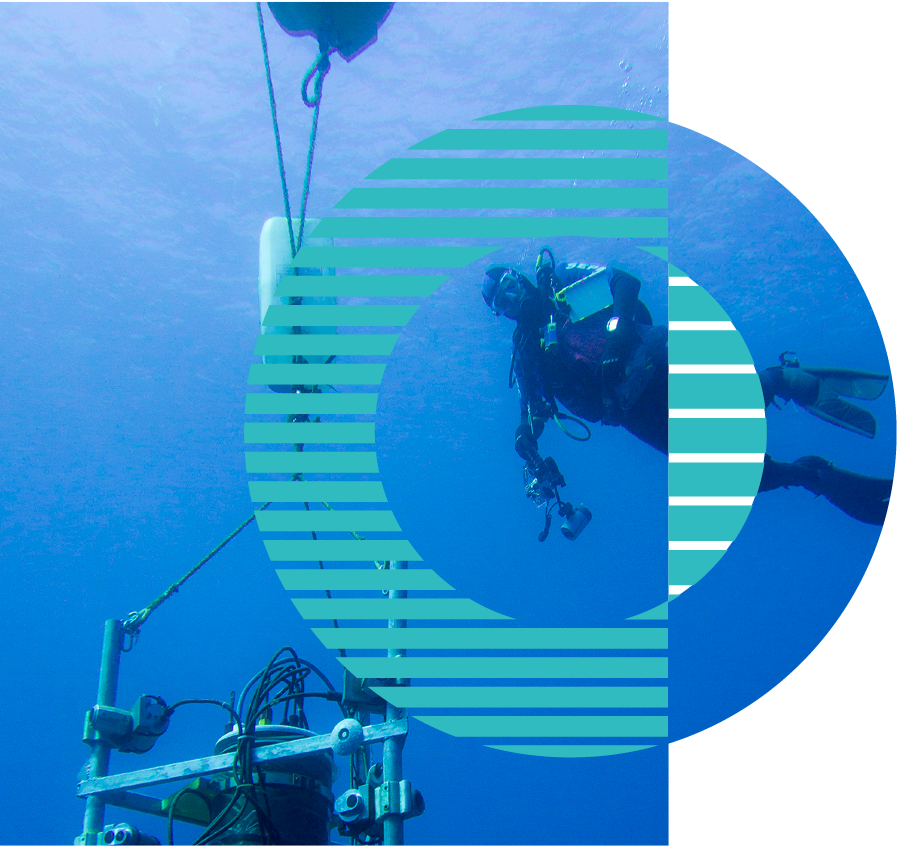
IUI takes advantage of the Gulf of Aqaba’s unique marine features including an unusually deep winter mixing, a substantial spring plankton bloom, unusually warm waters (>20.6°C) at depth, and lush, diverse coral reefs. The deep (750 m), calm open sea is conveniently located just 15 minutes from IUI’s pier by boat. It is also home to the world’s first real-time coral health monitoring station, which enables researchers to study environmental impacts on coral. The station records a wide range of parameters (air and water temperature, wind conditions, intensity and coral physiological performance) and captures real-time conditions via an underwater …
IUI takes advantage of the Gulf of Aqaba’s unique marine features including an unusually deep winter mixing, a substantial spring plankton bloom, unusually warm waters (>20.6°C) at depth, and lush, diverse coral reefs. The deep (750 m), calm open sea is conveniently located just 15 minutes from IUI’s pier by boat. It is also home to the world’s first real-time coral health monitoring station, which enables researchers to study environmental impacts on coral. The station records a wide range of parameters (air and water temperature, wind conditions, intensity and coral physiological performance) and captures real-time conditions via an underwater camera feed. IUI has a research vessel, two small boats, a full diving centre and lab facilities.
Marine scientists can also benefit from ILOR’s extensive facilities, including its algae research centre, range of equipment – sensors, underwater drones, ROVs, and AUVs – and its management of Israel’s national research vessel. ILOR can facilitate the collection of hundreds of species from unique habitats, including the Mediterranean Sea, Lake Kinneret, Red Sea, and the Dead Sea. With strong deep sea research expertise, the institute can also share data, help researchers access ecosystems, and train them on best practices.
CSMS can provide a wide variety of laboratory and marine geosciences services (total organic content (TOC) analysis, mineralogical analyses, NeoScope Benchtop Scanning Electron Microscope (SEM), high resolution petrophysical measurements of cores, non-destructive elemental analysis, permeability and porous space measurements, dielectric constant and dissipation factor measurements, sediment grain size analysis, and radiometric dating). They also offer marine robotics services (AUV A18D – ECA Group, ROV Seaeye Leopard (SAAB), and a saltwater pool for testing underwater vehicles) and advanced scuba-diving facilities (tank filling, equipment rentals and various courses, including Nitrox).
Through ILOR and CSMS, researchers can access coastal and offshore sites and stations including: Hadera station, Shikmona station (Haifa), Morris Kahn Marine Research Station (Haifa) and the Kinneret Limnological Laboratory (Lake Kinneret). Ashkelon station is currently under construction.
